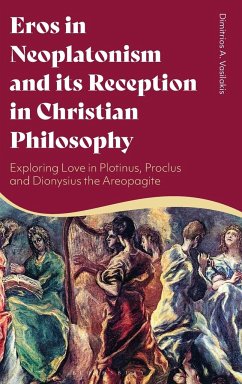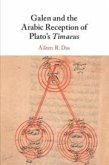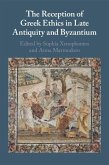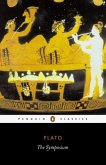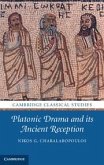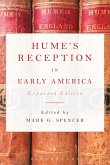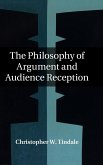Showing the ontological importance of eroswithin the philosophical systems inspired by Plato, Dimitrios A. Vasilakis examines the notion of erosin key texts of the Neoplatonic philosophers, Plotinus, Proclus, and the Church Father, Dionysius the Areopagite. Outlining the divergences and convergences between the three brings forward the core idea of love as deficiency in Plotinus and charts how this is transformed into plenitude in Proclus and Dionysius. Does Proclus diverge from Plotinus in his hierarchical scheme of eros? Is the Dionysian hierarchy to be identified with Proclus' classification of love? By analysing The Enneads, III.5, the Commentary on the First Alcibiadesand the Divine Namesside by side, Vasilakis uses a wealth of modern scholarship, including contemporary Greek literature to explore these questions, tracing a clear historical line between the three seminal late antique thinkers.

